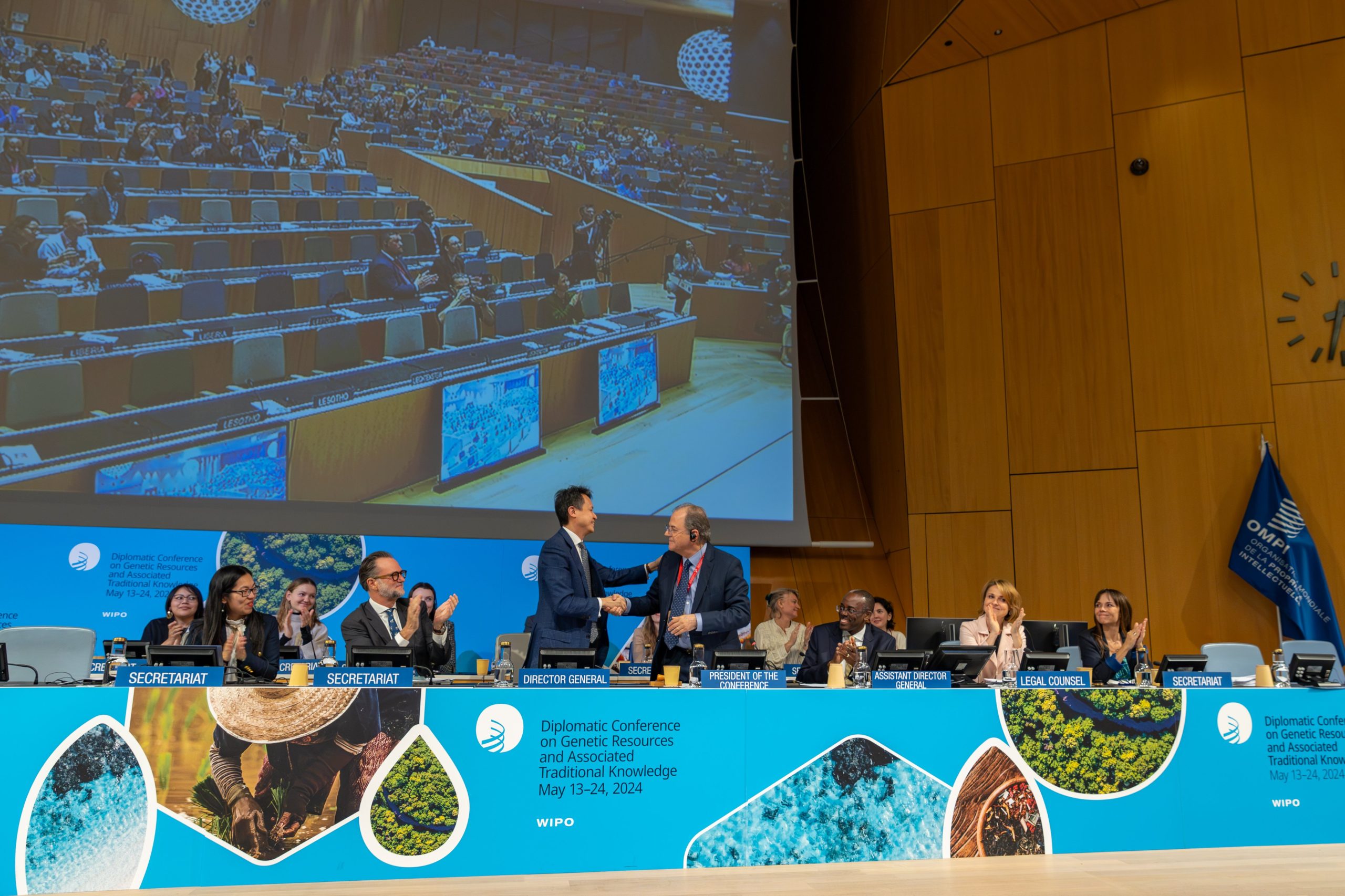The World Intellectual Property Organization (WIPO) treaty, signed by the members of the Geneva-based UN agency on Friday, is a significant win for India and the Global South, the Ministry of Commerce & Industry said in a statement. The treaty will help protect traditional knowledge of countries, safeguard biodiversity, increase transparency in the patent system, and strengthen innovation.
The treaty requires patent applicants to disclose the country of origin or source of genetic resources if the claimed invention is based on those materials or associated traditional knowledge. This provision will provide additional protection for Indian genetic resources and traditional knowledge, which are prone to misappropriation in countries that do not have disclosure obligations.
The treaty is also a big win for India and the global south, which have long been proponents of this instrument. After two decades of negotiations, the treaty was adopted by consensus among more than 150 countries.
The treaty will help bridge conflicting paradigms within the IP system by ensuring that countries that provide genetic resources and associated traditional knowledge are recognized and compensated. It will also create a more inclusive IP system that responds to the needs of all countries and their communities.
At present, only 35 countries have some form of disclosure obligations, most of which are not mandatory and do not have appropriate sanctions or remedies in place for effective implementation. The treaty will require contracting parties, including the developed world, to bring changes in their existing legal framework for enforcing disclosure of origin obligations on patent applicants.














